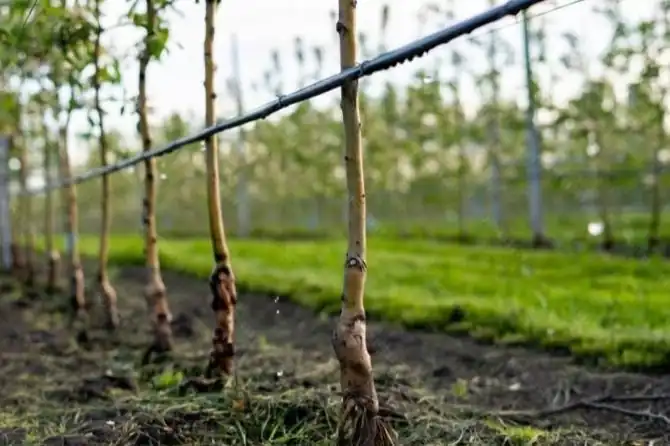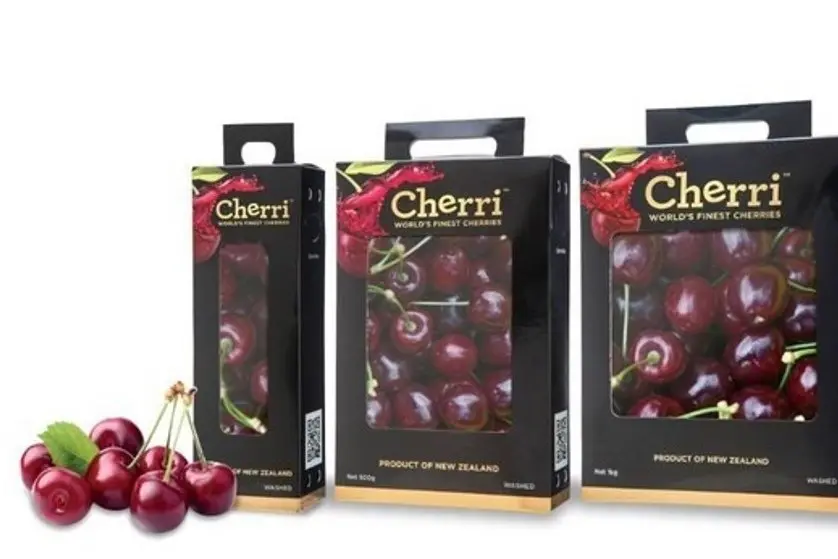First of all apricots, then came the other fruit trees: apple, pear, peach, nectarine, plum and, of course, cherries. Top Plant Nurseries has been responding to the demand for certified plants it produces for Italian and foreign fruit growers for more than 30 years. Today, the Veneto nursery is managed by Enrico Mazzon, the son of Claudio Mazzon who founded the company with the Morini brothers in 1989. And it is precisely with Enrico Mazzon that we wanted to delve into the working method, particularly on cherry trees, of Top Plant Vivai.
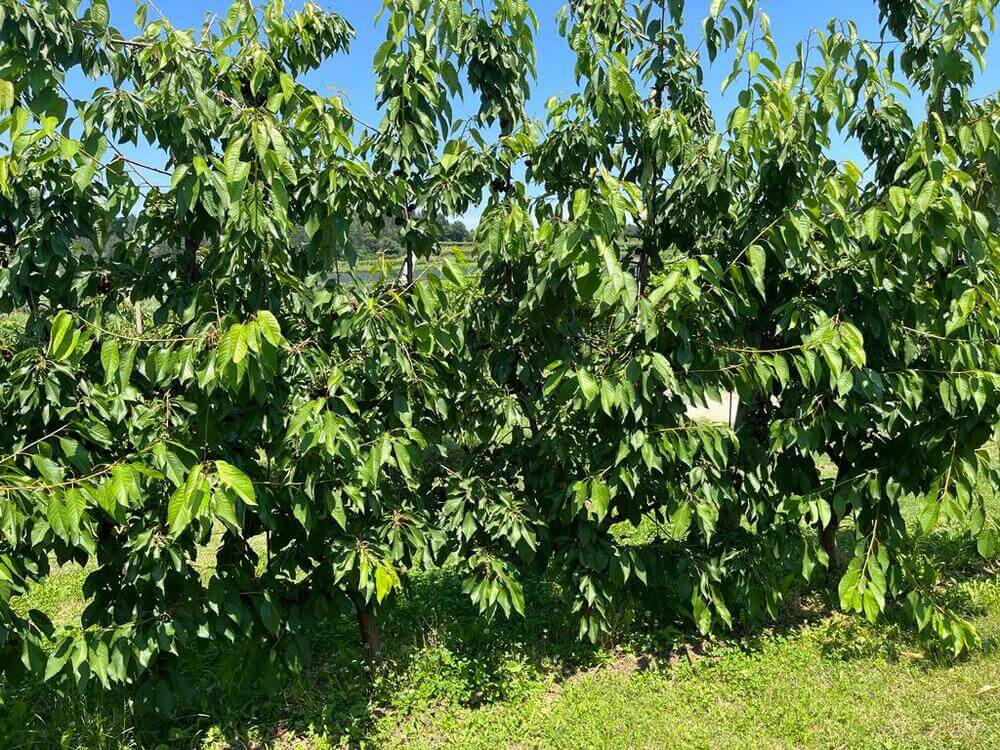
How do you choose the new cherry varieties to include in your catalogue?
"Our approach is the same for all the plants we produce: we test a lot of varieties and, based on the results, decide whether or not to include a variety in the catalogue. It is always a carefully considered choice. We are not keen on the idea of offering so many varieties. Usually a new variety replaces an old one".
"The important thing is to cover the whole calendar and propose good varieties, i.e. varieties that are a good investment for our customers. The varieties we propose have to make income, they have to be manageable, of high quality, cost-effective, productive, consistent and with very good characteristics in commercial terms".
"For our tests we rely on trusted cherry growers, whom we have known for years, also in their working methods. It is the farmers themselves who, with their feedback, confirm to us the validity of a new variety. Innovation is always important but must be well thought out".
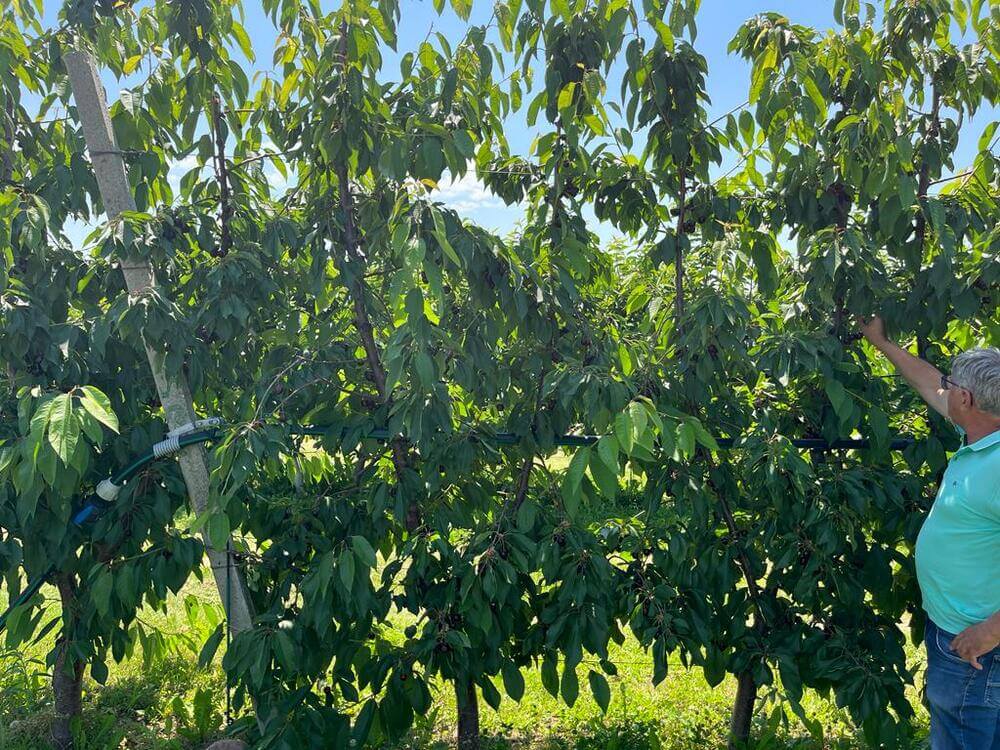 Areko
Areko
Is there any interesting news at the nursery regarding cherries?
"We have introduced, as new varieties, Areko (ripening 15 - 25 June) and Henriette (ripening 20 June - 5 July), two late varieties, the same age as Kordia and Regina. In my opinion, they are two very promising varieties because they have a very good size, dark colour and very good life on the plant, as well as hardness and sweetness".
"As for Henriette, it also has low acidity. We have been marketing them both for a while now and there is demand, both from Italy and abroad. They are attracting a lot of interest. For us they have all the characteristics to have a future, but it will be the market that will tell us if this is really the case.
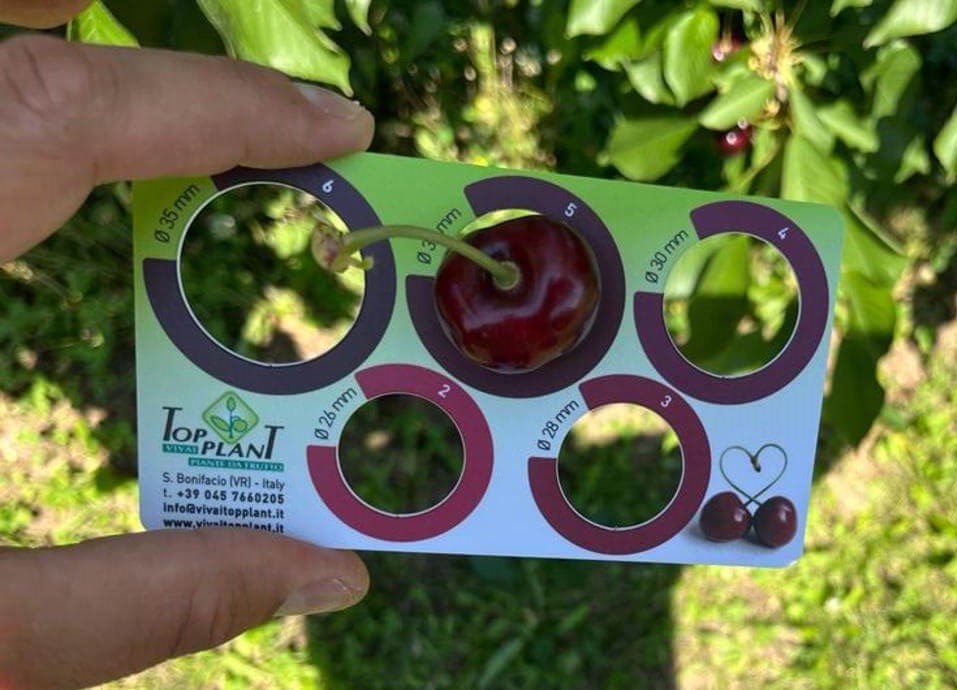 Areko
Areko
Have the demands of your customers changed due to climate change?
"For the markets where we operate, we do not have the problem of cold-hours requirements, so we have not encountered the demand for low cold-hours. As far as cracking is concerned, it is a major issue, but to date there are tolerant varieties, not completely resistant ones".
"For example, Black Star and Grace Star varieties have very good tolerance. I have to say that the way of conceiving planting systems has changed over the years. Today, if we talk about large plantings that we have followed, the tendency is to reduce the number of varieties as much as possible but not to reduce the harvest period".
"The idea is therefore to put varieties that have a good hold in the plant, this strategy has its relevance for labour costs. Reliable varieties are essential, as the Sweet series varieties are. We know that climate change increases the risk of unforeseen events and having a reliable variety is crucial".
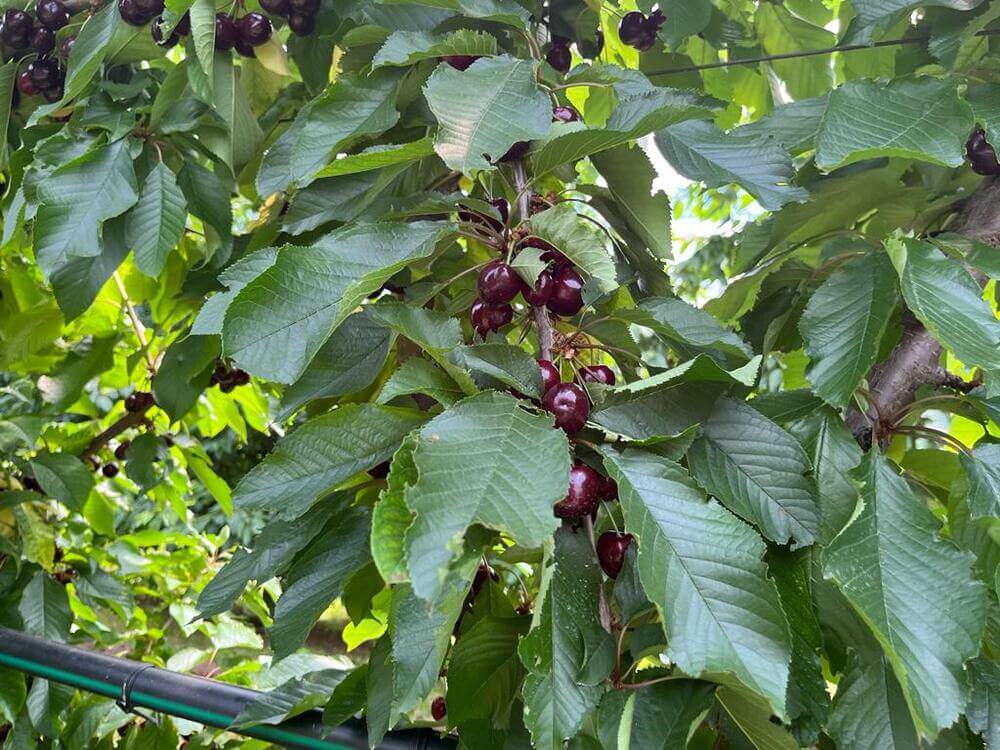 Henriette
Henriette
On the rootstock side, are you testing any new ones?
"We are running trials, on small plots at some of our customers, with Gisela 12, Gisela 13 and Gisela 17. We are now in the third year of field trials and it is still too early to be able to say anything. Obviously the rootstocks have been tested, scientifically, by researchers but then it is essential to see how they behave under real, field conditions in commercial cultivation. It takes a minimum of 10 years to introduce a new rootstock".
"To briefly describe these new rootstocks, we can say that Gisela 12 has deeper roots than Gisela 6 despite having the same vigour, is more resistant to drought and hot climates and has better anchorage. Gisela 13 has similar vigour to Gisela 6 but is less demanding in terms of soil quality and is adapted to re-sowing".
"Gisela 17 has a similar vigour to Maxma14 and can be planted in poorer soils. It is a robust rootstock, with good anchorage and is suitable for replanting. Those listed are among the main characteristics that distinguish the rootstocks, but there are, however, many other particularities and differences that set them apart".
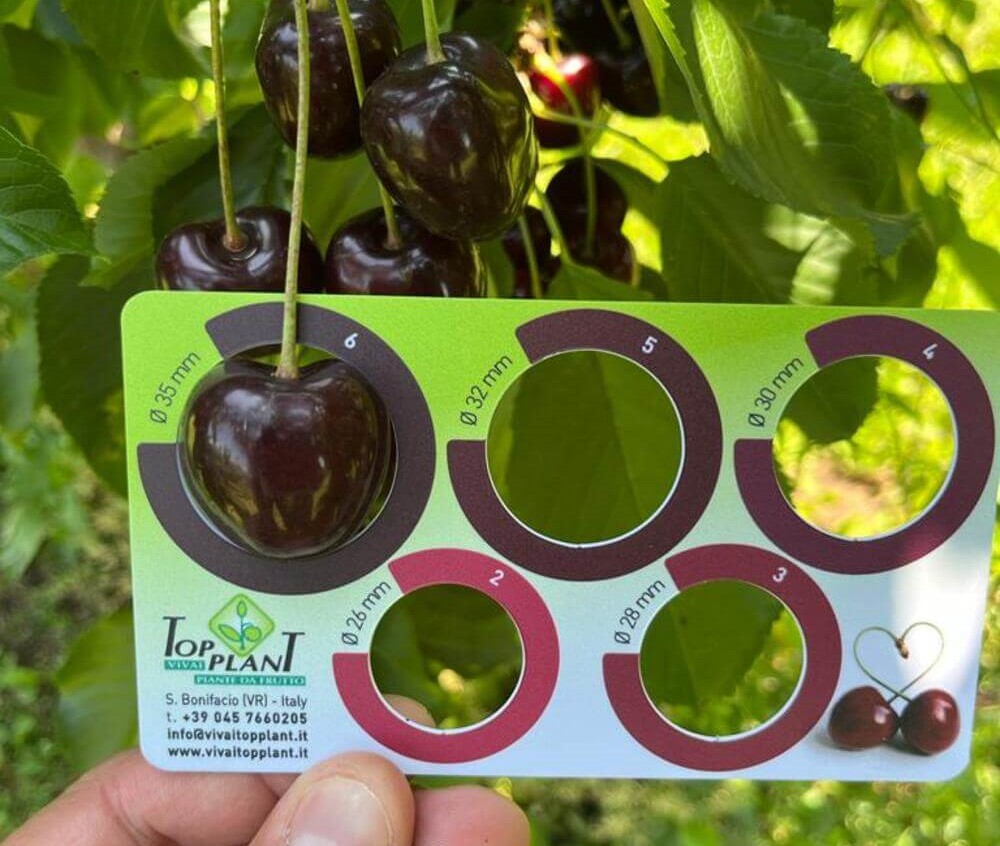 Henriette
Henriette
If you had to give a piece of advice to a cherry grower who has to plant a new orchard, what would you say?
"The important thing is to choose the variety/ rootstock combination carefully. Choose combinations whose behaviour is known and, if necessary, rely on a consultant, a technician who knows the varieties. We as a nursery company do not follow post-planting'.
"Of course, if there is a need for advice we are always available, but we do not accept specific assignments. We know our catalogue varieties well, so when it comes to making a choice, we are in a position to give advice to those who ask for it.
Barbara Righini
Images: Top Plant Vivai
Cherry Times - All rights reserved










